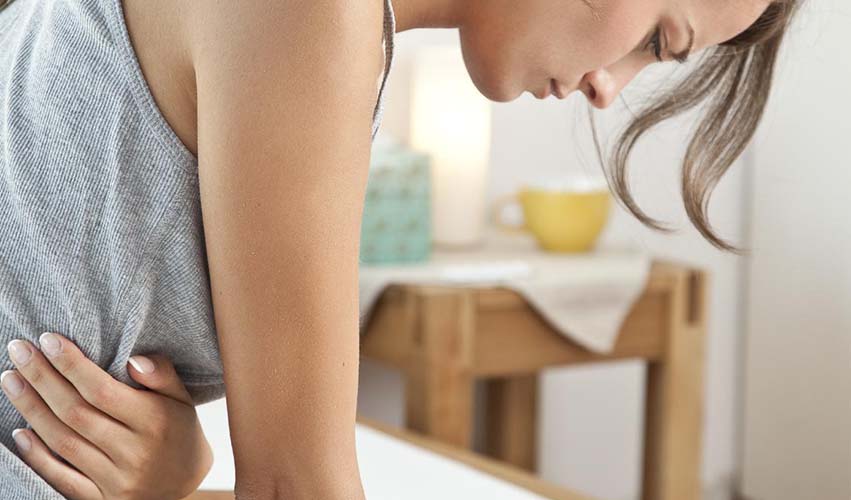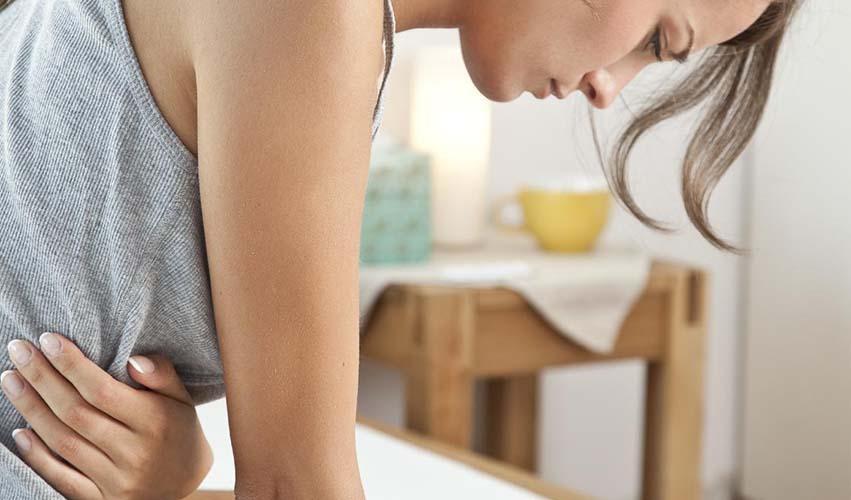Nanoparticle Therapy – An Emerging Cancer Treatment
5 Min Read


Premenstrual syndrome(commonly known as PMS), is a variation in the woman’s hormonal cycle, causing emotional and physical changes.
It is best experienced 10 days before the onset of a regular menstrual cycle and subside right after the periods or a couple of days after periods. Women of the childbearing age suffer most commonly.
A change in the hormonal levels of estrogen and progesterone during and after ovulation causes the changes in the body and mind before the next cycle approaches.
Symptoms can be classified into emotional and physical symptoms.
You have PMS if you experience these symptoms.
Most of the women deal with it normally and do not require any medications.
30 to 40 percent may need lifestyle changes.
Remaining 10 to 20 % may actually require treatment in the form of medications or therapy.
The diagnosis can be made by ruling out all other factors causing the symptoms, like medical causes that include thyroid disorders, anemia, etc; and emotional or psychiatric causes like depression, panic attacks, etc. and concluding it to be PMS, if the symptoms affecting your daily life after a thorough investigation and conversation with the woman.
Seek help when the symptoms are uncontrolled even after trying home remedies.
Treatment option includes vitamin supplements like Vitamin E, B6, calcium and magnesium salts, antioxidants, and antidepressants like SSRI s for a short period of time, hormonal supplements like progesterone and hormonal contraceptive pills. Physiotherapy and psychological counseling sessions and Cognitive Behaviour Therapy may also be helpful.
PMS can indeed be dealt with easily by most of the woman by following a healthy lifestyle and mental health.